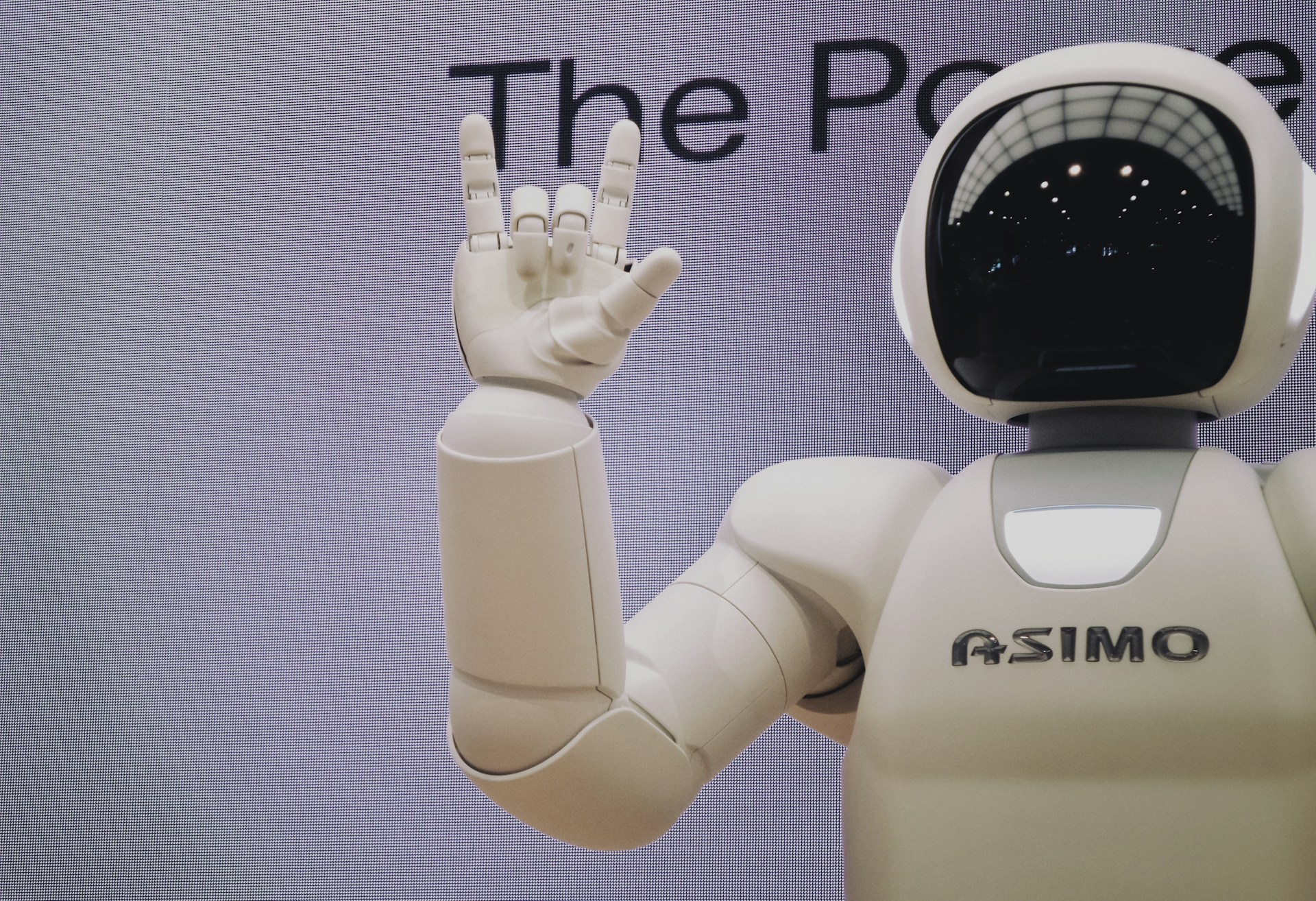- Enhanced Automation in Manufacturing
AI and robotics are already playing a pivotal role in streamlining manufacturing processes. Automated robots are increasingly handling repetitive tasks such as assembly, packaging, and material handling. By incorporating AI, these robots can adapt to changing production lines, identify defects in real time, and optimize production schedules, reducing human error and improving product quality. - AI-Powered Healthcare Solutions
In healthcare, AI is accelerating diagnostic processes and enhancing patient care. AI algorithms are being trained to detect diseases like cancer from medical images, predict patient outcomes, and suggest treatment options. Robotics in surgery allows for minimally invasive procedures, improving recovery times and precision. These technologies will continue to evolve, providing faster, more accurate diagnoses and tailored treatments. - Personalized Customer Experiences
AI enables companies to offer highly personalized experiences to customers. In industries such as retail, banking, and hospitality, AI algorithms analyze customer data to predict preferences, optimize recommendations, and improve customer support. Robotics, particularly in customer service roles like kiosks or virtual assistants, is creating new ways for consumers to interact with businesses in a more seamless and efficient manner. - Improved Supply Chain and Logistics
AI and robotics are transforming supply chain management by enabling real-time monitoring and automation of logistics processes. Autonomous robots in warehouses can pick and pack items with precision, while AI helps predict demand patterns, optimize inventory, and route deliveries efficiently. This leads to reduced costs, faster delivery times, and better overall supply chain performance. - Agriculture Efficiency and Sustainability
Robotics and AI are making a huge impact in agriculture. AI-powered sensors and robots are being used for precision farming, optimizing crop growth, and monitoring plant health. Robotics is also helping automate tasks like planting, weeding, and harvesting, reducing labor costs and environmental impact. This transformation is vital for feeding a growing global population while ensuring sustainability. - Autonomous Transportation
Self-driving vehicles powered by AI are set to revolutionize the transportation industry. Autonomous trucks, cars, and drones will reduce human error, enhance safety, and lower transportation costs. AI enables real-time decision-making, ensuring efficient route planning and fuel consumption. Robotics will also play a role in warehouse automation for unloading and sorting goods, further enhancing the logistics ecosystem. - Smart Manufacturing and Predictive Maintenance
AI is increasingly being integrated into predictive maintenance systems for industrial equipment. By analyzing data from sensors, AI can predict equipment failure before it occurs, allowing for timely repairs and minimizing downtime. Robotics in these systems ensures that maintenance tasks are performed efficiently and without human intervention, reducing operational disruptions and maintenance costs. - Workforce Augmentation and Collaboration
AI and robotics will also transform the way humans interact with machines. Rather than replacing human workers, these technologies will augment their capabilities, allowing workers to focus on higher-level tasks that require creativity and decision-making. Collaborative robots (cobots) are designed to work alongside human employees, increasing productivity and safety in industries like manufacturing and healthcare. - AI-Driven Financial Services
In the financial sector, AI is revolutionizing everything from fraud detection to algorithmic trading. Machine learning models analyze vast amounts of data to detect unusual patterns and provide real-time risk assessments, improving decision-making. Robotics in customer service—such as chatbots and automated advisors—helps financial institutions deliver 24/7 support, increasing accessibility and efficiency. - Environmental Impact Reduction
Both AI and robotics can contribute to reducing the environmental footprint of various industries. In energy, AI optimizes power grids, reduces energy waste, and supports the integration of renewable energy sources. Robotics is aiding in environmental conservation, such as waste management, recycling, and pollution monitoring. As industries strive for more sustainable practices, these technologies will play a key role in reducing their impact on the planet.
In conclusion, the fusion of AI and robotics is driving profound changes across industries, enhancing efficiency, productivity, and customer experience. As these technologies continue to evolve, they will unlock new possibilities, creating a future where industries are more agile, sustainable, and innovative. The next wave of transformation has only just begun, and it promises to reshape the business landscape in ways we are only beginning to imagine.

